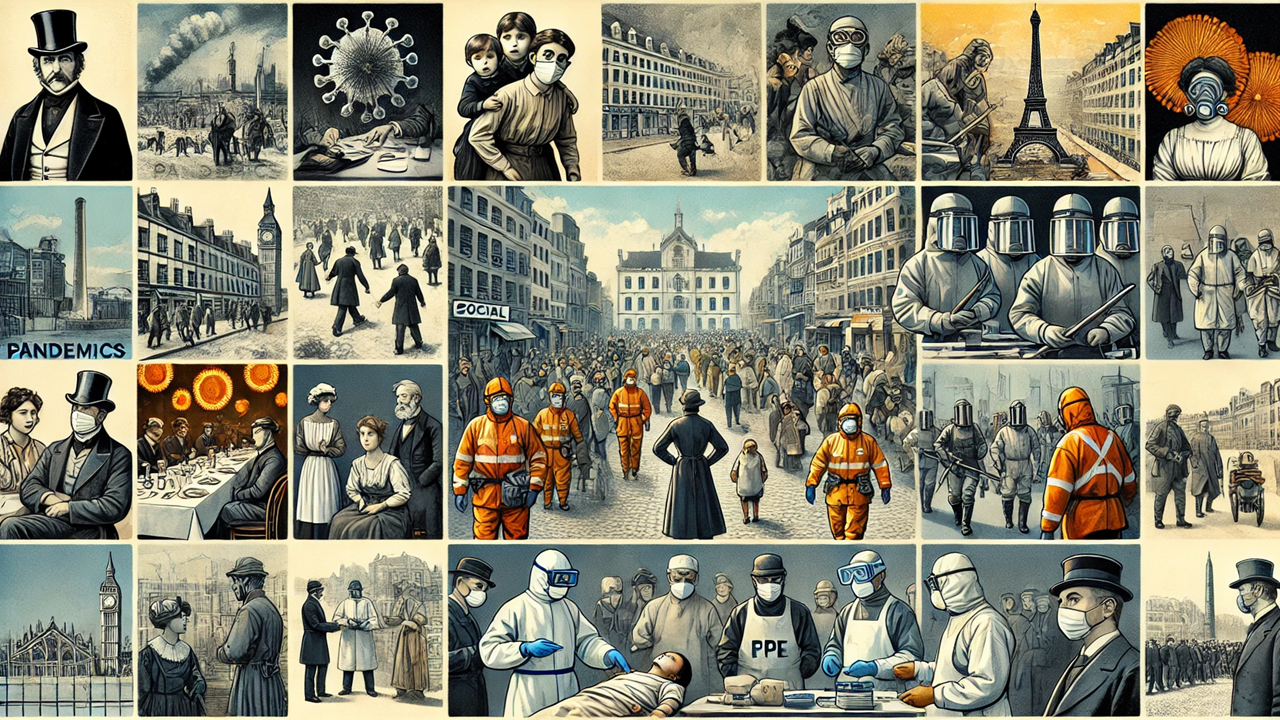Significant progress was achieved in the latest round of negotiations for a global pandemic agreement, as government representatives, civil society organizations, and non-State actors concluded the 11th meeting of the Intergovernmental Negotiating Body (INB) at the World Health Organization (WHO) in Geneva. Running from September 9-20, 2024, the discussions focused on drafting an international pandemic accord aimed at enhancing global cooperation and readiness for future pandemics. The INB, composed of representatives from the 194 member states of WHO, resumed discussions that are set to continue in November.
WHO Director-General Dr. Tedros Adhanom Ghebreyesus praised the collective commitment shown during the negotiations, emphasizing the urgency of finalizing the agreement to address the persistent threat posed by viruses like H5N1 and other pathogens with pandemic potential. “The next pandemic will not wait for us, whether it’s from a flu virus, another coronavirus, or an entirely new pathogen. All the ingredients are in place to negotiate a generational pandemic agreement,” Dr. Tedros stated, underscoring the importance of countries finding common solutions to shared global challenges.
Commitment to Pandemic Preparedness: Ambassador Anne-Claire Amprou, INB Bureau Co-Chair from France, highlighted the visible commitment of governments to the pandemic agreement, which aims to make the world safer and healthier. The latest negotiations underscored the need for equity, innovation, and collaboration, placing civil society and non-governmental organizations at the heart of the process. Ambassador Amprou praised the involvement of stakeholders, saying, “The contributions made by INB relevant stakeholders were incredibly valuable. Together, we must sustain this progress to forge an agreement that will guide future global responses to pandemics.” Throughout the discussions, civil society groups and experts engaged with negotiators, offering proposals and participating in interactive dialogues. These sessions, publicly broadcast, aimed to ensure transparency and broader input on key elements of the draft agreement.
Addressing Urgent Global Health Challenges The draft agreement covers several key areas:
-Research and Development
- Strengthening regulatory systems
- Pandemic prevention and technology transfer
- Supply chain networks
- One Health approach for interconnected animal, human, and environmental health One innovative aspect of the agreement is the proposal for a system to facilitate access to pathogens of pandemic potential and the equitable sharing of benefits, including vaccines, diagnostics, and treatments.
INB Co-Chair, Precious Matsoso of South Africa noted that, after nearly three years of negotiations, countries are focused on finalizing the most critical elements of the agreement. She stressed that collaboration between countries is essential to avoid vulnerability in future pandemics, while ensuring each nation maintains sovereignty over its health decision-making.
A Global Push for Pandemic Preparedness:
The WHO's INB was established in December 2021 to draft and negotiate a convention, agreement, or other international instrument under the WHO's constitution, aimed at enhancing global pandemic prevention, preparedness, and response. In June 2024, at the World Health Assembly, governments committed to finalizing the pandemic agreement by the end of the year, demonstrating a shared sense of urgency.
Stakeholders and civil society groups have lauded the increased transparency during the negotiations. Michelle Childs, Policy Advocacy Director at the Drugs for Neglected Diseases initiative (DNDi), emphasized the importance of publicly sharing draft texts and daily briefings to counter misinformation and promote meaningful stakeholder engagement. As global attention turns toward the 12th round of negotiations in November, experts are hopeful that continued collaboration will result in a robust international framework that equips the world to respond more effectively to future pandemics.











